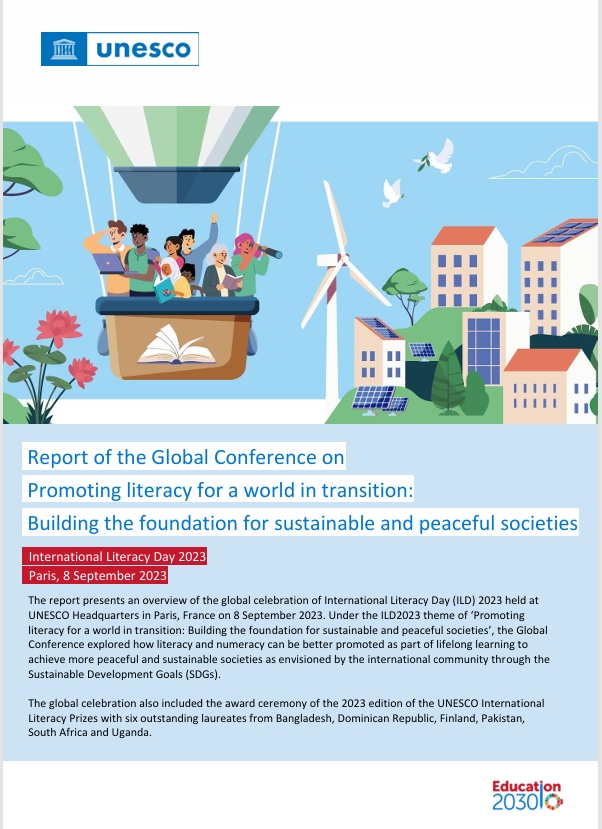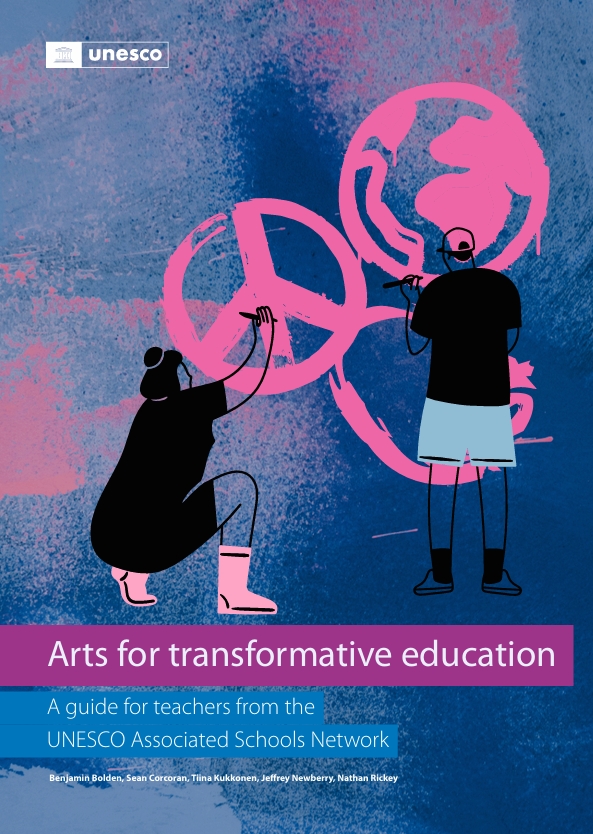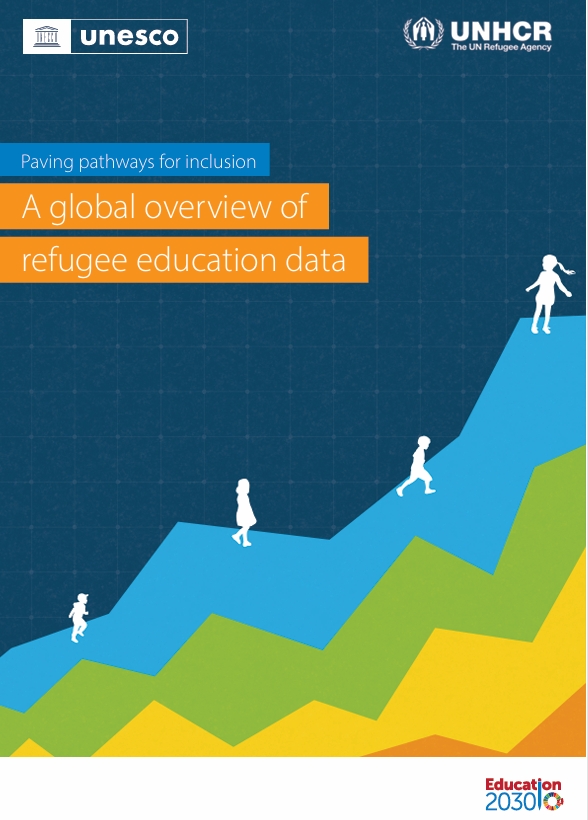Story Source: Harvard Graduate School of Education ~ Go to Original Article
Teachers are learners, too. In fact, the United States spends roughly $18 billion a year on teacher professional development. Because these adult learning sessions can represent a huge concentration of valuable resources — money as well as teacher and administrative time — facilitators need to ensure that participants are getting the most out of them. Importantly, these sessions may be one of the few times in the school day when team members have a chance to sit down, talk, and learn from one another.
Being able to facilitate a successful meeting or discussion is not innate; leaders develop skills over time. “Facilitation is creating the conditions for a group to learn from one another, make progress on goals, and accomplish a task. Facilitation is a skill that can be taught and practiced,” says Candice Bocala, lecturer on education, co-author of The Internal Coherence Framework: Supporting Conditions for Continuous Improvement in Schools and an expert on professional development and evaluation……………………






